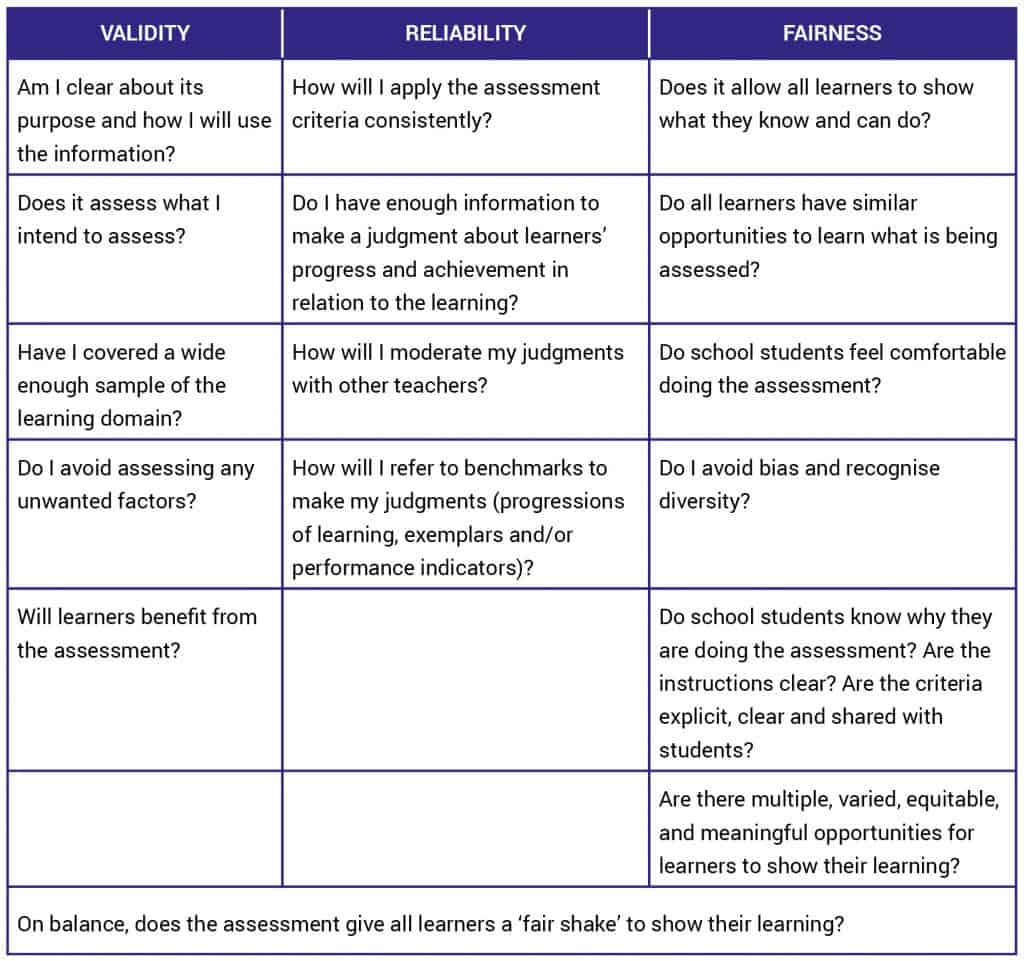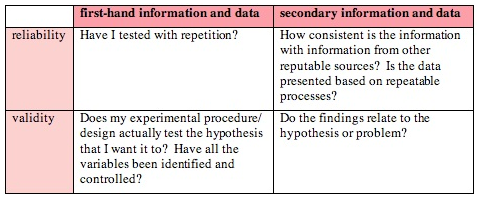


Illuminate supports over 17 million students and 5200 districts/schools. Our solution brings together holistic data and collaborative tools and puts them in the hands of educators. Illuminate Education partners with K-12 educators to equip them with data to serve the whole child and reach new levels of student performance. So, why are they so special This week I’m going to be discussing the importance and possible flaws surrounding these two fundamental aspects of psychological. So, in order to do that, we correlate performance on any given assessment or benchmark, any Inspect assessment with state test performance, or any other valid instrument like ACT or SAT. Another way of illustrating the difference between validity and reliability is by defining the types of reliability, what they stand for, and some examples. Validity Posted on Octo‘Reliability’ and ‘validity’ are two words that almost always crop up when discussing and analysing scientific research. How good of a predictor that assessment is to any other given instrument or assessment (e.g., end-of-year state assessment). On top of that, once the assessment is in production, what I do is criterion validity. So, having three people blindly aligning items or assessments to the standards is having content validity. In order to do this, we need multiple people making sure that the item aligns to certain standards or that the assessment as a whole aligns to a given number of standards. When we have item writers creating any given item, we’re trying to make sure that the items are aligned to certain standards. What we’re often trying to ascertain is content validity and criterion validity. In a nutshell, test validity is whether any given assessment measures what it’s supposed to measure. If you test a student today and test a student tomorrow, are the scores going to be similar? If you test one population of students and a different population of students, are you going to see similar scores on the same assessment? In terms of internal reliability, if you’re administering the first part of the assessment to students, and then the second part of the assessment, are the scores on the first part and second part going to be similar? These questions deal with the issue of whether students are performing on all of the items within a given assessment consistently. Reliability is easier to determine, because validity has more analysis just to know how valid a thing is. Reliability is more on the consistency of a measurement, while validity is focused more on how strong the outcome of the program was. You can think about reliability in terms of consistency of scores. These are some of the differences between reliability and validity.


 0 kommentar(er)
0 kommentar(er)
